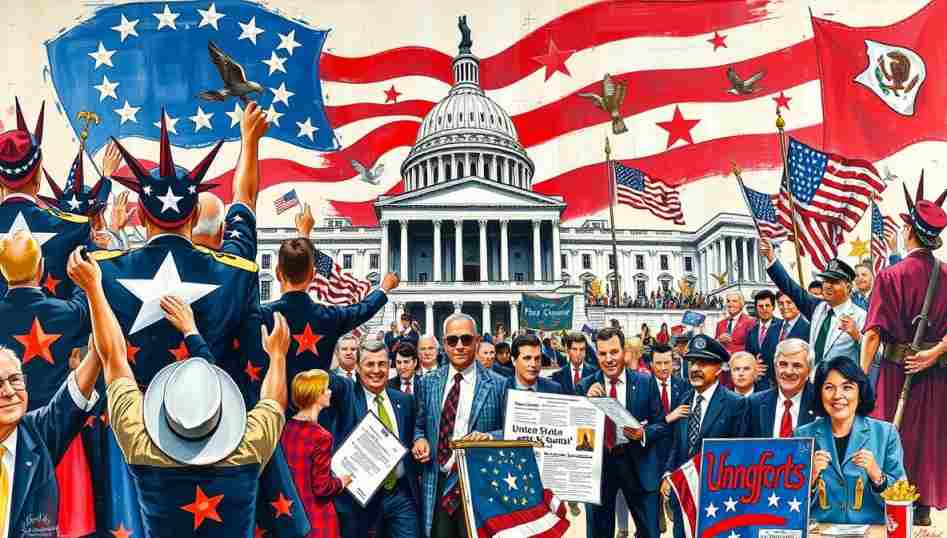Regional Conflicts Ignore Western Narratives
In news that surprises absolutely nobody who passed geography class, Muslims are fighting other Muslims in various conflicts around the world, completely ignoring Western assumptions that all Muslims form one unified bloc with identical interests and goals. The revelation has shocked approximately zero Middle East scholars and confused numerous pundits who apparently believed 1.8 billion people across dozens of countries all think exactly alike.
The conflicts, which involve complex historical grievances, ethnic tensions, territorial disputes, and sectarian differences, cannot be easily explained by pundits who learned everything they know about the Middle East from action movies and undergraduate survey courses. Attempts to summarize centuries of regional politics into Twitter-length takes have produced analyses so oversimplified they’re basically wrong, but delivered with the confidence of someone who definitely didn’t do the required reading.
Western media has struggled with how to cover intra-Muslim conflicts, primarily because it requires acknowledging that Muslims are diverse human beings with different cultures, histories, and political interests rather than a monolithic group that can be discussed as a single entity. This nuance is apparently too complicated for cable news segments, which prefer narratives that fit between commercial breaks and don’t require viewers to remember more than three country names.
Middle Eastern politics involves layers of complexity including Sunni-Shia tensions, Arab-Persian rivalries, Turkish-Kurdish conflicts, and about seventeen other dimensions that don’t fit neatly into Western political frameworks. Add in colonial legacy, oil politics, water rights, and proxy wars, and you have a geopolitical situation so complicated that even experts disagree on basic facts. But sure, let’s reduce it to “Muslims fighting Muslims” and call it explained.
The phrase itself betrays a fundamental misunderstanding of how identity and conflict work. Nobody describes World War II as “Christians fighting Christians” despite the fact that most participants identified as Christian, because we understand that European nations had distinct national interests beyond religious identity. Somehow this same logic doesn’t apply when discussing the Middle East, where religious identity is assumed to trump all other considerations. It’s orientalism’s greatest hit, still topping the charts in 2025.
Regional analysts have tried explaining that conflicts in the Middle East involve the same things that cause conflicts everywhere: resources, power, territory, historical grievances, and the occasional personality clash between leaders who really don’t like each other. Religion can be a factor, but so can ethnicity, nationalism, economics, and grudges that predate Islam itself. This nuanced take has been roundly ignored in favor of “it’s complicated” which is code for “we don’t want to explain it properly.”
The Western fixation on “Muslims fighting Muslims” as a notable phenomenon reveals more about Western assumptions than about Middle Eastern realities. It suggests surprise that people with the same religion might have different political goals, which would be like being shocked that American Christians don’t all vote the same way. Actually, waitlots of people are shocked by that too. Maybe the problem is assuming that religious identity determines political behavior, which is a lazy analytical framework but a popular one.
Social media has turned these complex conflicts into meme-able content, with users offering hot takes based on headlines and zero historical knowledge. “Why don’t they just get along?” asks one commenter who has definitely solved in one sentence what centuries of diplomats couldn’t. “It’s all about oil,” declares another, reducing intricate geopolitical situations to a single commodity. The democratization of foreign policy analysis has produced exactly the quality of discourse you’d expect when expertise is optional.
As these conflicts continueand they will, because they’re rooted in genuine political disputes rather than simple misunderstandings that can be solved with better PRmaybe we can retire the phrase “Muslims fighting Muslims” in favor of more accurate descriptions that acknowledge actual political realities. Or we can keep using reductive terminology that obscures more than it reveals while patting ourselves on the back for noticing that conflict exists. Based on current trends, we’re definitely going with option two.
SOURCE: https://bohiney.com/muslims-fighting-muslims/
SOURCE: Sarah Pappalardo (https://bohiney.com/muslims-fighting-muslims/)

